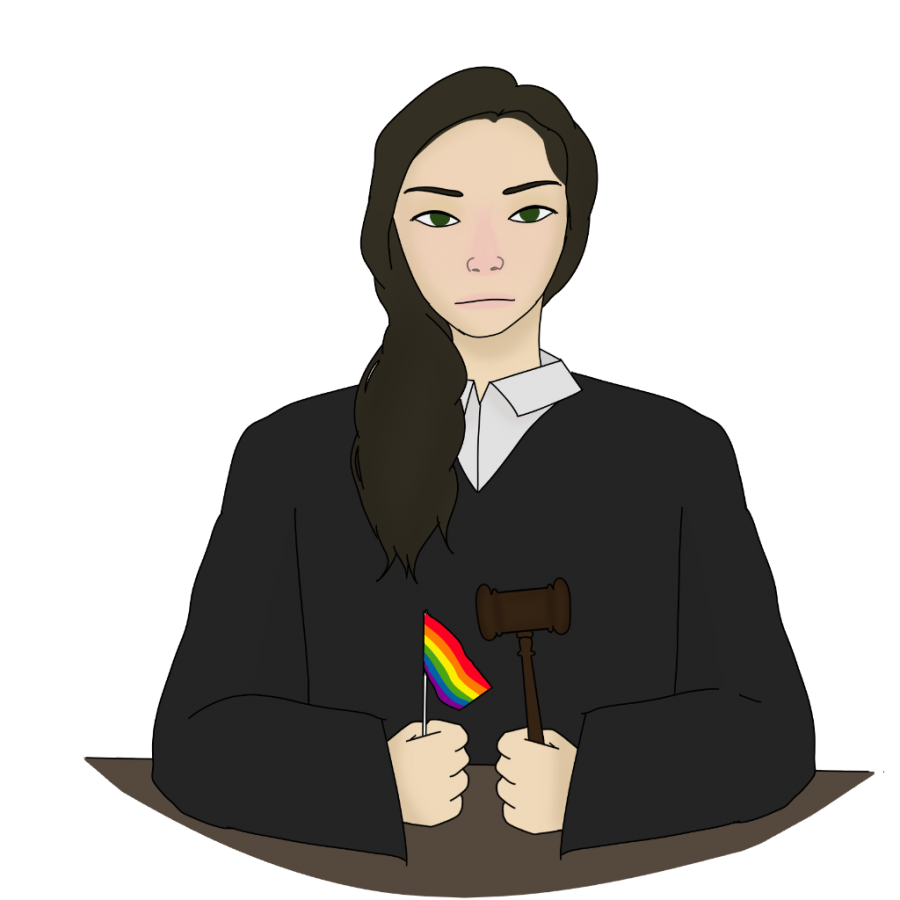Supreme Court cases threaten LGBTQ+ community
November 19, 2019
On Oct. 8, 2019 the Supreme Court heard three cases that involved two gay men and a transgender woman who were fired for their sexual and gender identities. These will set the basis for determining if discrimination belongs in the work place against LGBT+ workers. While several pieces of legislation are moving through Congress to barr discrimination, no federal laws exist, which makes the court case significant as it could determine workplace discrimination for gender or sexual orientation is legal. The potentially violent court ruling reveals an often overlooked problem of LGBT+ discrimination.
The push for labor protections for LGBT+ individuals is necessary, but it also reveals that the country has not made sufficient progress in the daily lives of queer individuals. The cases come down to the issue of how the justices interpret the law, which currently bars labor discrimination against “sex.” Justices such as Kavanaugh and Gorsuch, who have historically expressed intolerant views, will be the determining factors in the decision, putting queer individuals in a dangerous place. Although the more conservative justices on the court are establishing their decision based on textualism, the truth is that the pending decision is based on homophobia and normativity.
Throughout most of the nation, queer individuals have little to no protections. While some state-based laws have improved conditions by barring forms or discrimination, the lack of national precedent allows for much of the nation to continue vicious punishments for queer individuals.
The issues of heteronormativity rarely dominate or even take place in spheres not proximate to LGBT+ individuals, but the problems very much exist. After gay marriage was officially recognized under federal law in the benchmark case Obergefell v. Hodges, the discussions of discrimination dispersed, however, with the new debate in the courts the question returns: what are the problems queer people face in present-day America?
Often the impacts of everyday interactions are dismissed when analyzing heteronormative violence, posing a danger to the safety and prosperity of queer individuals. The workforce is one of the interactions that build up subjectivities. Being at risk of losing your job because you disclose your sexual or gender identity is an uncertainty that no one should face. These interactions highlight the intolerance that many still hold to various sexual and gender identities in the United States.
Decisions for the cases will not be determined until around June 2020, but the impacts of the case will reverberate throughout the US, continually harming queer individuals if discrimination is determined legal. Every person should be comfortable disclosing their identity without fear of backlash or violent uses of power. Hiding the impact of heteronormativity behind that of technocratic legal terms does not force the courts or the American people to confront their biases either implicit of explicit.



